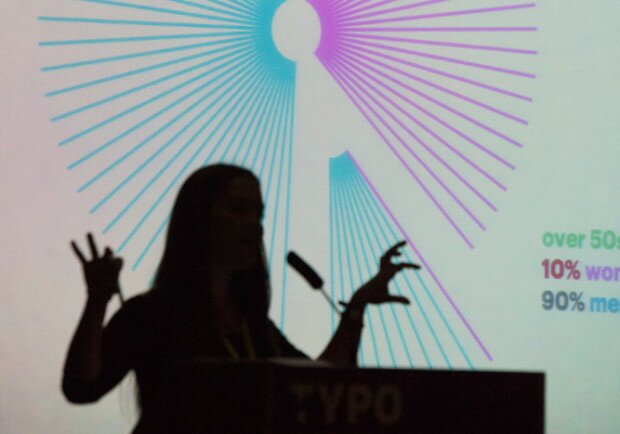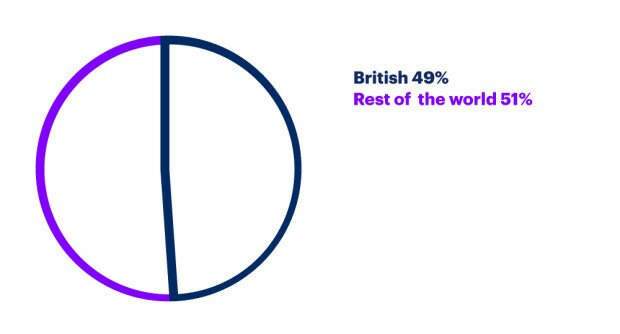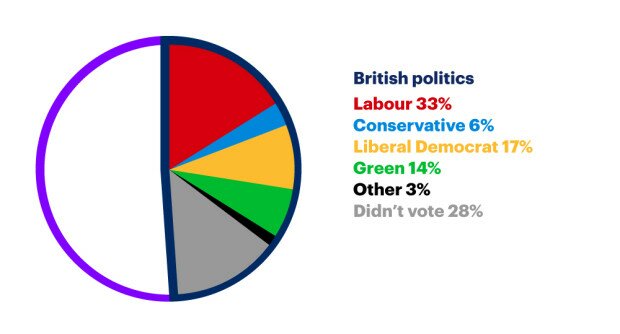GraphicDesign& Socialising
Joseph Maduma
November 14th 2012
For all of you that enjoyed the recent TYPO London coverage here on Good Design, here’s a very interesting update that I’m sure you will be equally as interested in. In ’TYPO London Part One: Highlights’ I covered a brilliant talk by Lucienne Roberts and Rebecca Wright (GraphicDesign&) in which they spoke about a new GraphicDesign& Social Science title they were researching with social scientist Nikandre Kopcke. The book will draw on social science research methods, including surveys and interviews, to answer questions about who designers are, how they define and attain success and whether certain designers are better placed than others to achieve and capitalise upon it. Whilst at the conference they surveyed 181 designers and Nikandre has now published the results (original post on the GraphicDesign& website) to give some facinating insight into the values, ethics and motivations of what we define as success. It also provides an intriguing snapshot into the much larger body of research that will be included in the book, set to be published in Autum 2013.
Nikandre Kopcke gained her BA in Sociology from Edinburgh University and her MSc in Gender, Development and Globalisation from the LSE’s Gender Institute. She now divides her time between food waste activism, advocacy for the rights of migrants and refugees, and her own social enterprise, which gives unemployed and socially marginalised women the opportunity to cook professionally. Nikandre contributed to the GraphicDesign& Generalia, Phenomena, Knowledge event at London’s Design Museum in 2011 and is currently researching the GraphicDesign& Social Science title.
Graphic Design and Socialising – By Nikandre Kopcke
Several weeks ago, I attended TYPO London along with Lucienne and Rebecca to talk about my involvement in GraphicDesign&. As a social scientist, I was a fish out of water. So I did something that always makes me feel more comfortable: I asked people about themselves. The short survey I distributed amongst conference attendees collected basic demographic information like gender, age, and nationality, but also asked more complex questions about political affiliations, social consciousness in design and definitions of success. There’s a lot you can find out in 12 questions!
We received 181 filled in surveys, and the first surprise came in dividing them by gender: fully two-thirds of respondents – 67% – were women. By contrast, the British/international split was nearly equal, with Brits accounting for 49% of respondents and the international crowd for 51%. Students represented 55% of those surveyed, resulting in a very young sample overall – the average age was 29, and the median (halfway between both extremes) just 25.

Of the 89 British respondents, an overwhelming majority were left-leaning in their political affiliations. One-third reported having voted Labour in the last general election, 17% Lib Dem and 14% Green, compared to just 6% who reported voting Conservative. Likely reflecting the high proportion of students, 28% of British respondents reported that they hadn’t voted in the last election.

A staggering majority of respondents – 90% – agreed that design bears a social responsibility, and that designers should be concerned about the messages they shape. Did the conference theme draw exclusively socially-conscious designers to TYPO London? Did we happen upon the 181 designers who are fervently committed to the social impact of design? Did the survey, in asking so directly about social consciousness in design, prime respondents to answer affirmatively? Only one brave individual admitted to thinking that designers shouldn’t be concerned about the messages they shape. Interestingly, though, of the respondents who answered ‘yes’ to both questions, 32% nevertheless reported having worked for clients whose business practices or political aims they disagreed with.


On success, the results were decisive. The survey asked respondents to rank the following criteria in descending order of importance according to their personal definition of success: client satisfaction, beauty, social value, personal satisfaction, career advancement and visibility/exposure. Personal satisfaction was overwhelmingly considered to be the most important factor in success, with 60% of respondents ranking it first or second. Social value and client satisfaction were a close second and third – 44% and 43% ranked these first or second, respectively. Appropriately for such a socially concerned sample of designers, the least important factor in success was career advancement.
Success is something I’ll be looking at in greater depth in my upcoming research on graphic designers that is due to be published as a GraphicDesign& Social Science title in Autumn 2013. The book will draw on social science research methods, including surveys and interviews, to answer questions about who designers are, how they define and attain success, and whether certain designers are better placed than others to achieve and capitalise upon it.